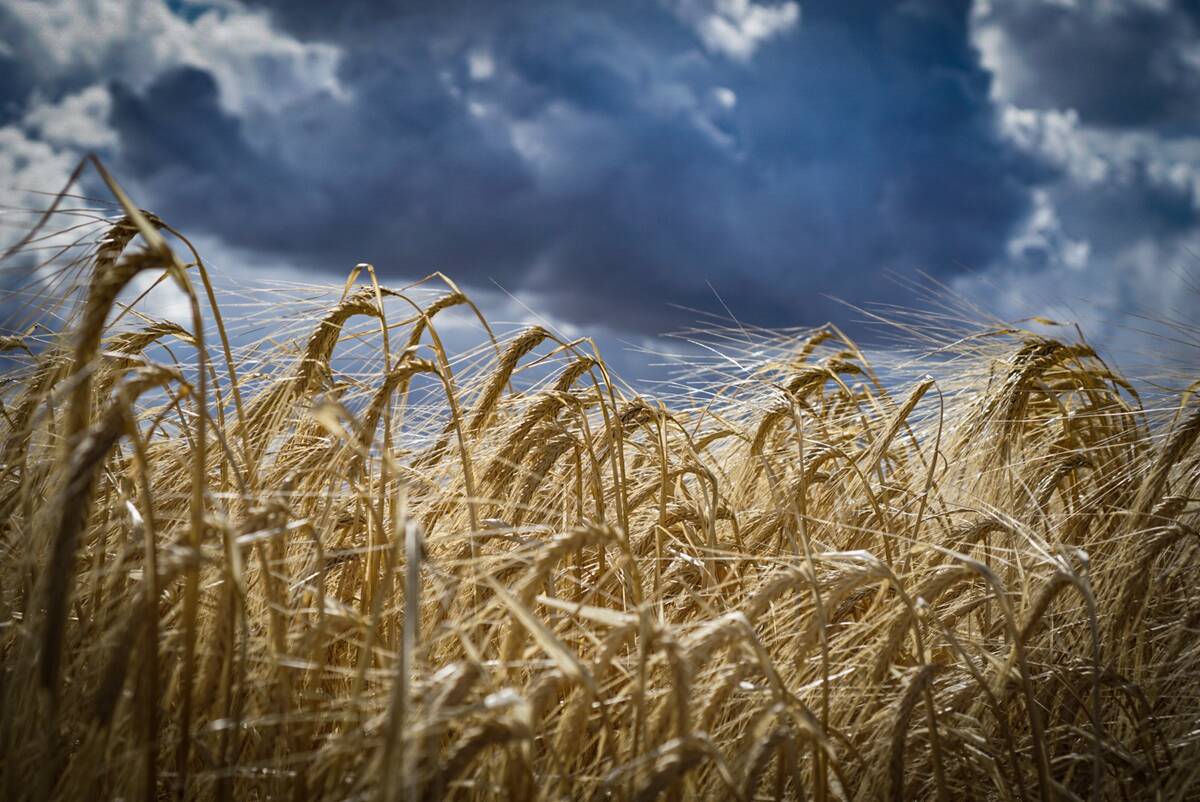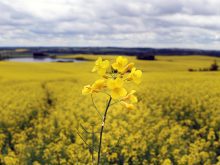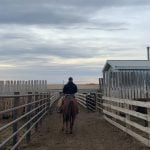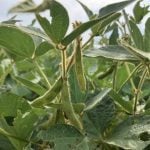Larry Gusta watched crops endure searing heat, icy frost and raging floods while growing up on a southern Interlake farm in Manitoba.
“People can lose their whole crop in one night and there goes all their livelihood and money to raise their family,” he said.
Witnessing that perennial struggle on his parents’ modest sod and grain farm launched a lifelong curiosity about the impact of environmental stresses on plant life for the University of Saskatchewan researcher.
Most summer days begin with a tour of his research plots during the daily walks to his office in the agriculture building on the Saskatoon campus.
Read Also

Malting barley exporters target Mexican market
Canada’s barley sector is setting its sights on the Mexican market to help mop up some of the lost demand from China
“To understand stress, you must understand what happens in the field,” said a well-tanned Gusta, who is rarely seen in a white lab coat.
“Growth chambers do not truly duplicate what you see in the field.”
His research can be found in 25 chapters and three books, including Biological Ice Nucleation and Its Applications, which looked at ice nucleation, a process that causes water to convert to ice in plants, animals and insects.
Gusta, a graduate of universities in Manitoba and Minnesota, was part of a team that has isolated the Rob-5 gene found in bromegrass and patented the discovery. It is responsible for that plant’s hardiness to heat and freezing.
A deal is pending between the university and a commercial partner that could allow producers to enjoy these benefits in their crops within five years.
By placing the gene in crops such as canola, flax and potatoes, Gusta’s research team found the seeds germinated more quickly in lower temperatures and in drought years, had good seedling vigour and produced flowers earlier in canola.
During a sabbatical beginning this fall in Australia, Gusta will seek to identify and knock out nucleators on leaves to make plants more frost tolerant.
His passion for science is fuelled by the university environment and like-minded academics who are “curiosity driven.”
“Working with others with good minds and with them stimulating your mind, it’s very rewarding to me,” he said.
“It’s better than reading any mystery novel. I can predict what John Grisham is up to but I can never predict what my research will show.”
Gusta stressed the need for university research to be relevant to broader society and produce new information and tangible benefits for growers.
“We have to do something for the community where money actually ends up in farmers’ pockets,” he said.
He is dismissive of those opposed to experimenting with gene manipulation, calling it a process commonly seen in bacteria when they swap genes through insects and viruses in the natural world.
His work isolates those same processes and speeds them up in the laboratory to create crops that will be more tolerant of frost and drought.
In the future, he would like to travel to the Arctic to study its plants, bacteria, algae, animals and fish, the interactions between them and the impact of global warming.
Northern plants tolerate cold temperatures and 24-hour sunlit days in a condensed growing season.
Bacteria in that environment can also fix phosphorus and nitrogen, which Gusta said could be used to increase soil nutrients in southern growing areas.
“The Arctic is a great unexplored area for plants,” he said.














